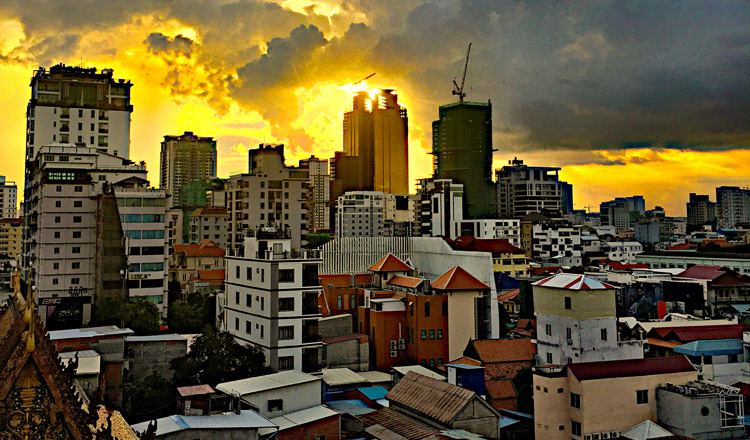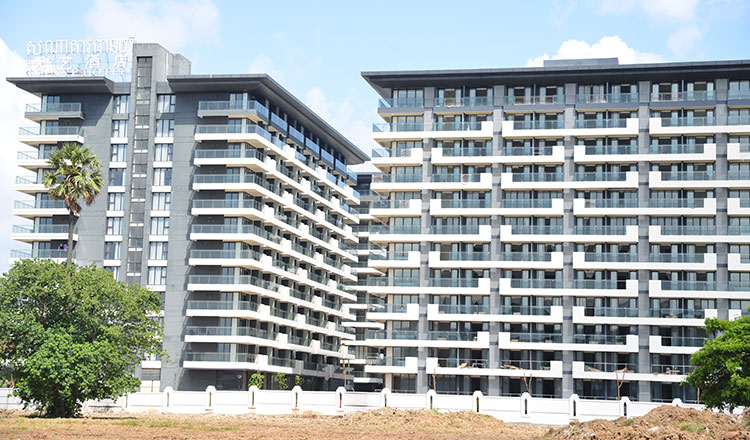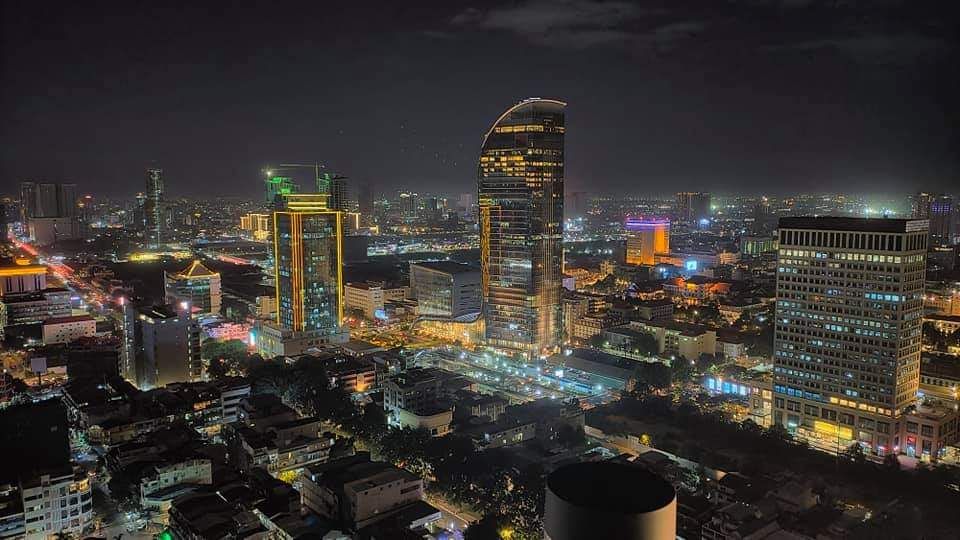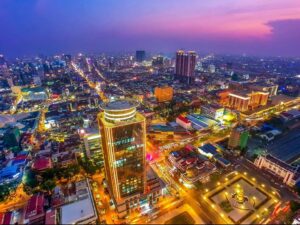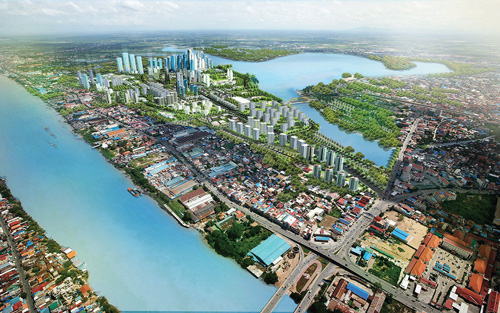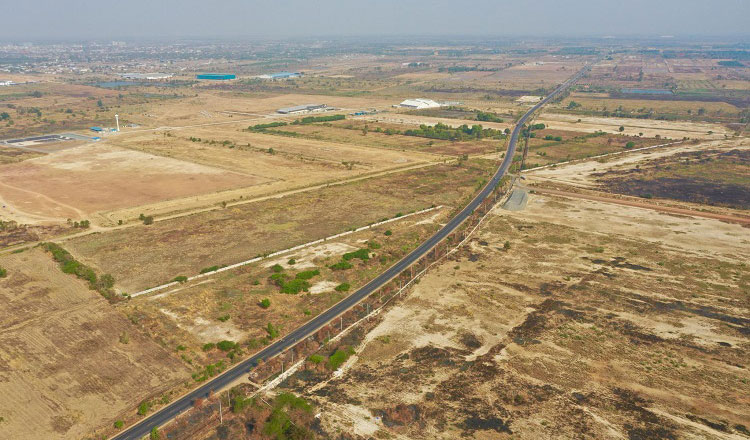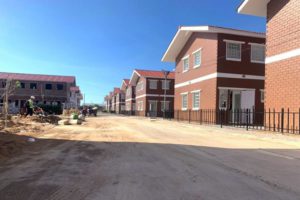Green shoots in sight for real estate?
A leading Cambodian real estate company says hope is rising for investment in the industry.
According to CBRE’s James Hodge, senior director of CBRE Cambodia, “Recent developments have given rise to the hope of recovery for Cambodia’s real estate sector, with increasing confidence and interest from investors and occupiers. CBRE notes a resurgence in inquiries for residential accommodation from expatriates and commercial space from existing companies.”
The return of Chinese expatriates is highlighted as part of the renewed demand Cambodia may see if COVID-19 continues to be under control. “Sihanoukville has been struggling for almost 12 months now, but the improvement in infrastructure and increasing certainty around the future of the gaming industry seem to be acting as a draw for Chinese workers and investors. Resurgence in domestic tourism is also a help for the province and these factors could combine to position the district for a further growth spurt in the near future,” Hodge added.
“However, COVID-19 remains a threat to Cambodian real estate. Travel restrictions remain prohibitive to many international investors and businesses and the recovery remains fragile while the threat of the further spread of COVID-19 remains. This is unlikely to change until there is a reliable vaccine and quarantine requirements are removed,” he added.
Moek Chenda, the founder of Realestate.com.kh, also considers recent developments as a positive sign for Cambodia’s real estate market. “Foreign investors have played a big role in the country’s real estate development. Allowing them to come in, especially at this time, certainly presents a good opportunity for both them and the Cambodians who stand to benefit from new investments”.
Much like other experts, Chenda shares the same precautions about COVID-19. “As we’ve seen, we can never be too safe. It’s fortunate that we have controlled the disease in Cambodia early on and established guidelines and procedures when it comes to screening new entries into the country.”
In June, the government announced a $3,000 deposit and a requirement of $50,000 insurance from foreigners visiting Cambodia. The temporary policy was enacted to help fund the testing and quarantine of all new visitors required upon entry. The policy was changed earlier this month, reducing the required cash deposit to $2,000 and relaxing other measures to attract more visitors and investors in the country.
According to Hodge, “The government’s approach to adjusting entry requirements appears to be born out of the need to balance safety measures with economic growth. In terms of the real estate market, easing entry requirements is important in allowing decision-makers to access the country and action investments”.
However, he expects these additional costs and quarantine requirements may still limit most visitors, saying “The changes are unlikely to yield significant adjustments at the current time due to reluctance to travel or face extended periods of quarantine at one or both ends of a flight.”
When one door closes, another opens. The lack of foreign investors has caused several developers to offer discounts and/or benefits on purchases. According to Chenda, “It’s a good time for local investors to look at property as some may get up to 30 percent discount if they look hard enough.”
Khmer Times discovered some real estate investors offering limited 50 percent discounts.
Chenda added that both buyers and sellers are still looking to connect even during this time, saying “There are still developers looking to sell fast and buyers looking to buy property fast, as well. And, given that some sectors of the market are still active, online property platforms have a more important role in keeping the market going”.
Sustaining the recovery is certainly on everybody’s mind. The government allowed some businesses to reopen last month with conditions to adopt measures to curb COVID-19 infection. Businesses such as casinos, clubs and KTVs have been allowed to reopen – a positive sign that the Cambodian economy will soon rebound. And any commercial endeavour opening spells good tidings for the real estate sector.
“It is important that the real estate market adapts to aid the prevention of the Coronavirus. After all, urbanites spend the vast majority of their time inside buildings, whether that is at home, school, the office, a factory or leisure venue. As such real estate is a primary resource and plays an integral role in stopping the spread of infections,” said Hodge. He also highlighted the importance of upgrading and maintaining a building’s prevention policy to stop the spread of infection.
The uncertainty of how much COVID-19 will influence the Cambodian real estate industry remains a hot topic among stakeholders. But recent developments may signal the beginning of a continuous upward trend for the market. Khmer Times

